India’s rise from 142nd in 2014 to 63rd in 2019 in the World Bank’s Ease of Doing Business rankings marked a significant policy shift in how governments engage with businesses and streamline regulatory processes. This progress signaled a move away from fragmented, manually driven procedures toward integrated digital platforms that simplify approvals and enhance predictability. A key factor driving this shift has been the adoption of digital tools that improve government-to-business interactions.
In this evolving landscape, Single Window Systems (SWS) are emerging as the backbone of digital-first governance. These centralized platforms integrate investor-facing services, shorten approval timelines, and offer end-to-end visibility across departments, addressing many of the longstanding hurdles in business facilitation.
Supported by the Business Reform Action Plan (BRAP) and aligned with the National Single Window System (NSWS), many states are building their own digital facilitation frameworks. CSM Tech has been instrumental in this transition, delivering Single Window platforms that combine a unified digital backbone with the flexibility to adapt to state-specific regulatory environments.

Ground Deployment: One Framework, Many States
The broader shift toward technology-enabled Single Window Systems across Indian states has already delivered measurable results. According to NITI Aayog, documentation requirements have dropped by 35 to 40 percent. Meanwhile, the Ministry of Corporate Affairs reports that the average time to start a business has been reduced from 38 days in 2014 to 18 days in 2023. In many states, industrial land allotment timelines have also been halved.
Within this landscape, CSM Tech’s Single Window platforms follow a modular platform architecture across industrial zones like AURIC, Noida, and state-wide deployments in Odisha and Chhattisgarh. These systems are built to align with each state’s regulatory mandates, and they reimagine the investor lifecycle—from land identification and service approvals to inspections, compliance tracking, and grievance resolution—through a unified digital interface.
What powers this transformation is a stack of features that work quietly behind the scenes. Investors can explore GIS-linked land banks, track their applications in real time, and move through automated routing that removes delays. Departments benefit from role-based dashboards, grievance redressal modules, and API-based validations through Aadhaar, PAN, and Treasury integrations, ensuring faster and more accountable decision-making.
From land identification to post-approval services, investor journeys are being reshaped at every stage. Land allocation is often where this transformation is most visible, and each state’s implementation brings a distinct focus.

eLMS: Clearing the Land Logjam in AURIC and Noida
For many investors, land is the first hurdle. With eLMS, the process—from GIS-based plot selection to sub-leasing and plan approvals—became entirely digital. In Maharashtra’s MITL region, 600 land applications were received, and a 50%+ processing rate was achieved. The platform has turned land access into a transparent, trackable, and investor-friendly process.
GO SWIFT: Odisha’s Unified Interface for Investment
What if 15 departments worked as one? GO SWIFT makes that possible in Odisha. From land selection via a GIS-based land pool to plan scrutiny, fee automation, and synchronized inspections, it offers end-to-end lifecycle management. The platform has processed around 5,000 proposals and enabled investments exceeding ₹10 lakh crore, reinforcing how digital convergence can drive investor confidence and economic outcomes.

SWS – Chhattisgarh’s Backbone for Connected Approvals
In Chhattisgarh, digital facilitation goes deeper into operational layers. Its Single Window System brings together more than 70 services and enables GPS-tagged inspections, document reuse via Entity Vault, and end-to-end application tracking. With over 580 Udyam Aakanksha applications, 50+ SIPB proposals processed, and 680+ registered users, the platform demonstrates how technology bridges governance gaps at the grassroots.
Ethiopia: Building Foundations for Investment Readiness
India’s success story is now finding resonance globally. In the Ethio-ICT Village, the Single Window Portal centralizes investor services across land, facility, and grievance management. Investors can select plots via a cadastral map, participate in online bidding, manage approvals, and even raise grievances through a structured feedback system. With integration points spanning Ethio-Telecom, the Commercial Bank of Ethiopia, and ERCA, the system reflects Ethiopia’s ambition to become Africa’s digital investment hub.
Toward Smarter, Aligned Governance
These platforms are designed for evolution. Their modularity allows states to integrate new services, departments, or compliance mechanisms without disrupting existing systems.
Whether applied in targeted industrial zones or scaled across states and nations, Single Window Systems have consistently improved how services are delivered and how investors interact with government. More than simplifying processes, they are helping governments transition to a governance model that is responsive, reform-aligned, and ready for growth.

















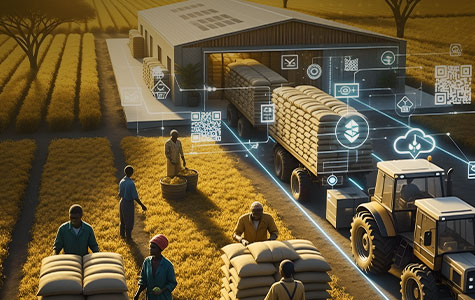









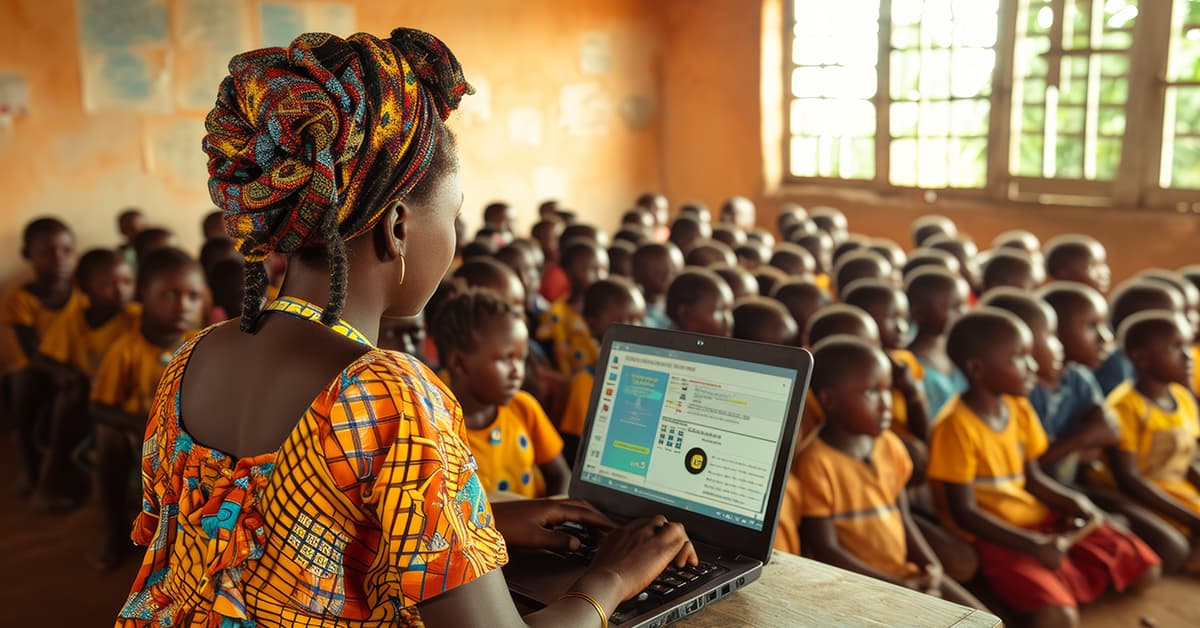







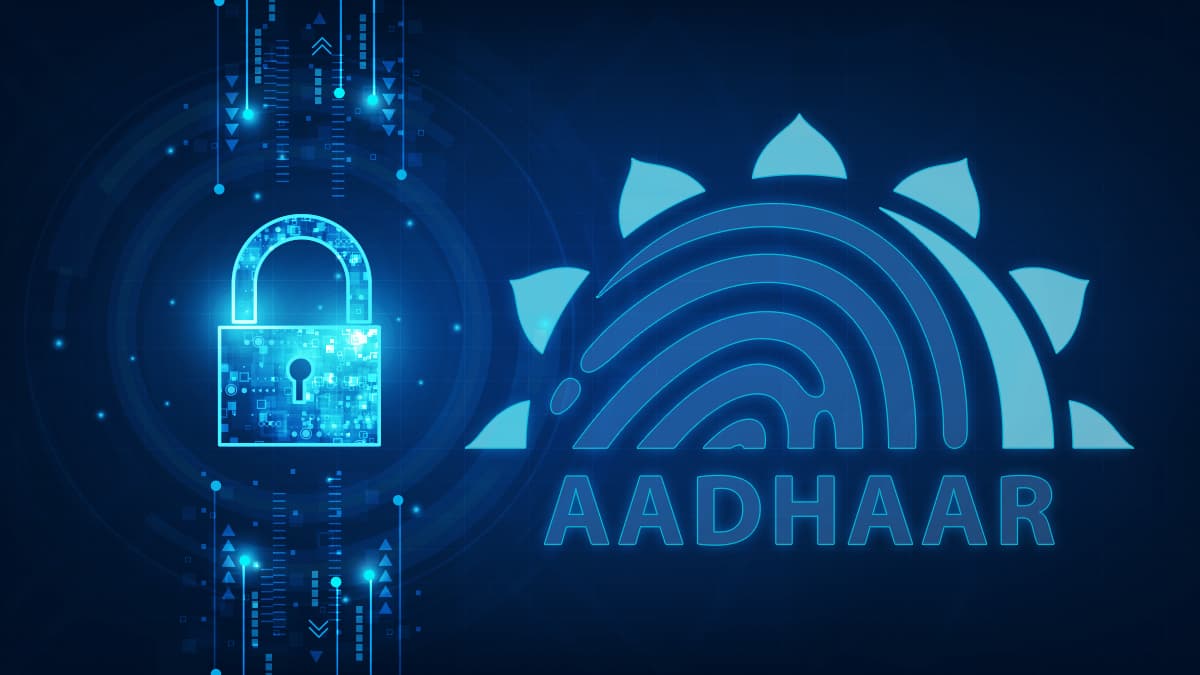
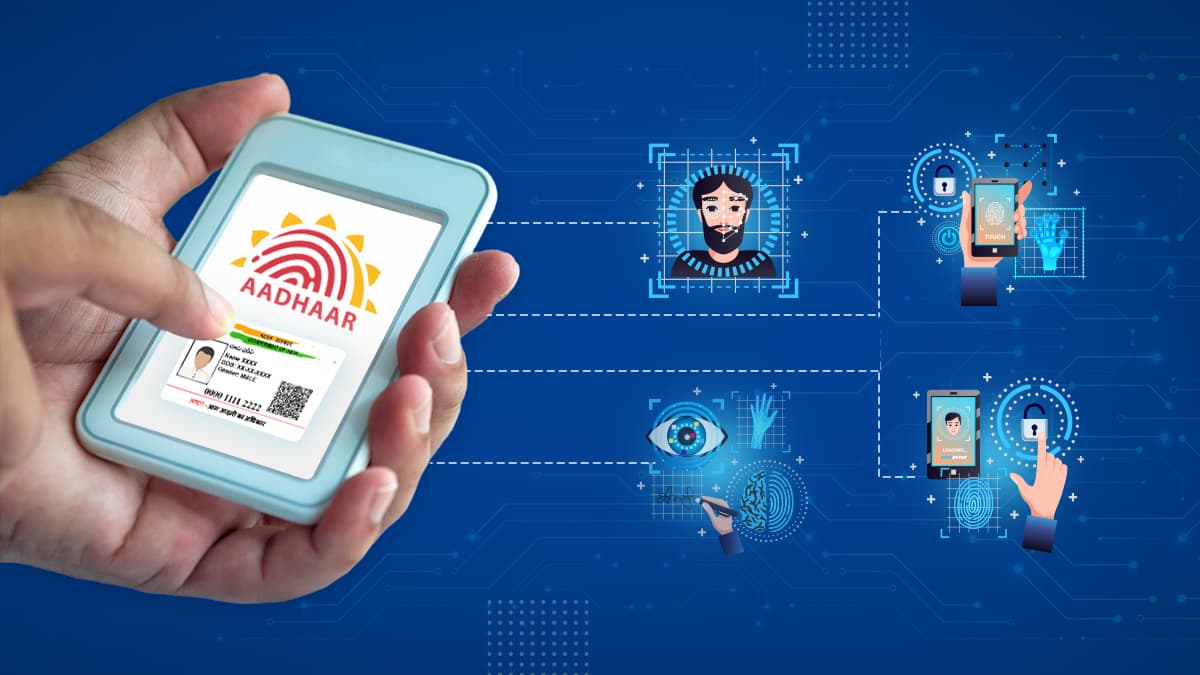


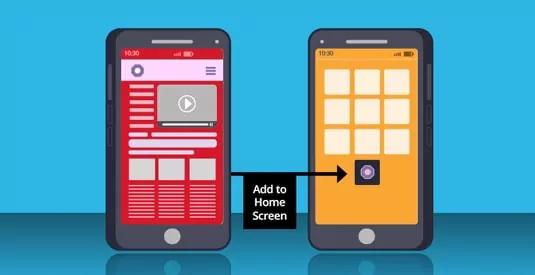

We will verify and publish your comment soon.